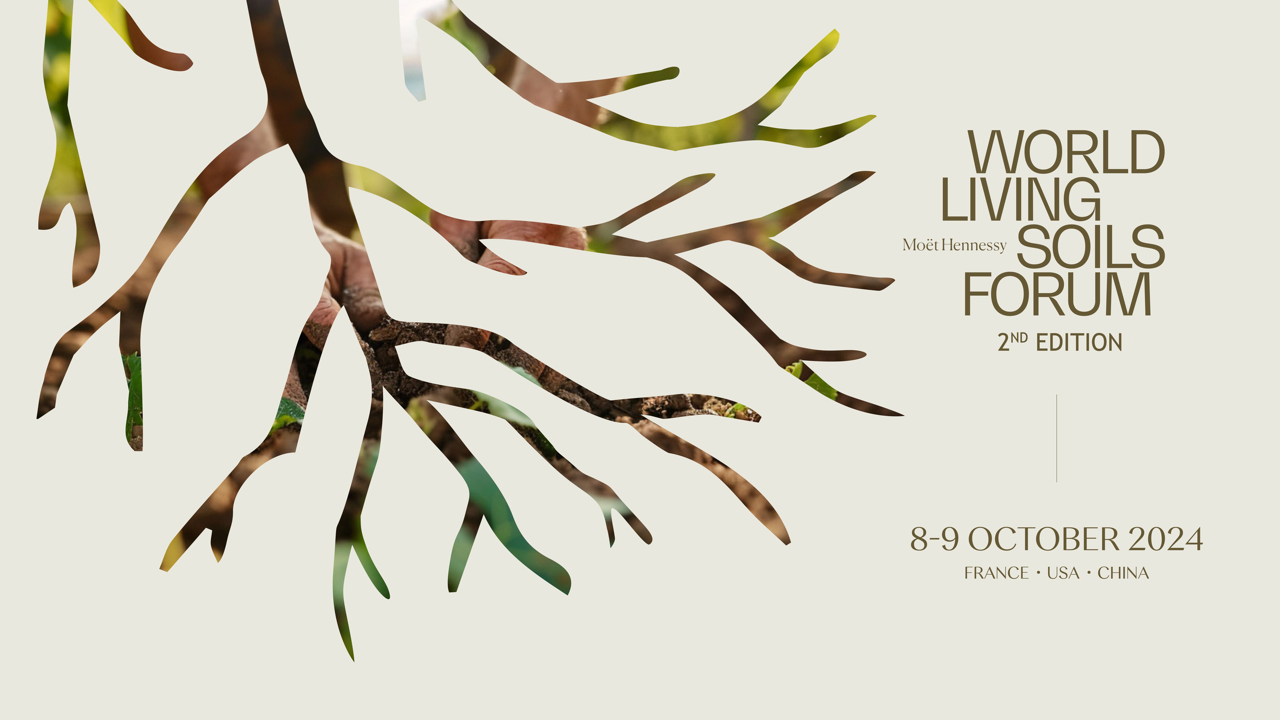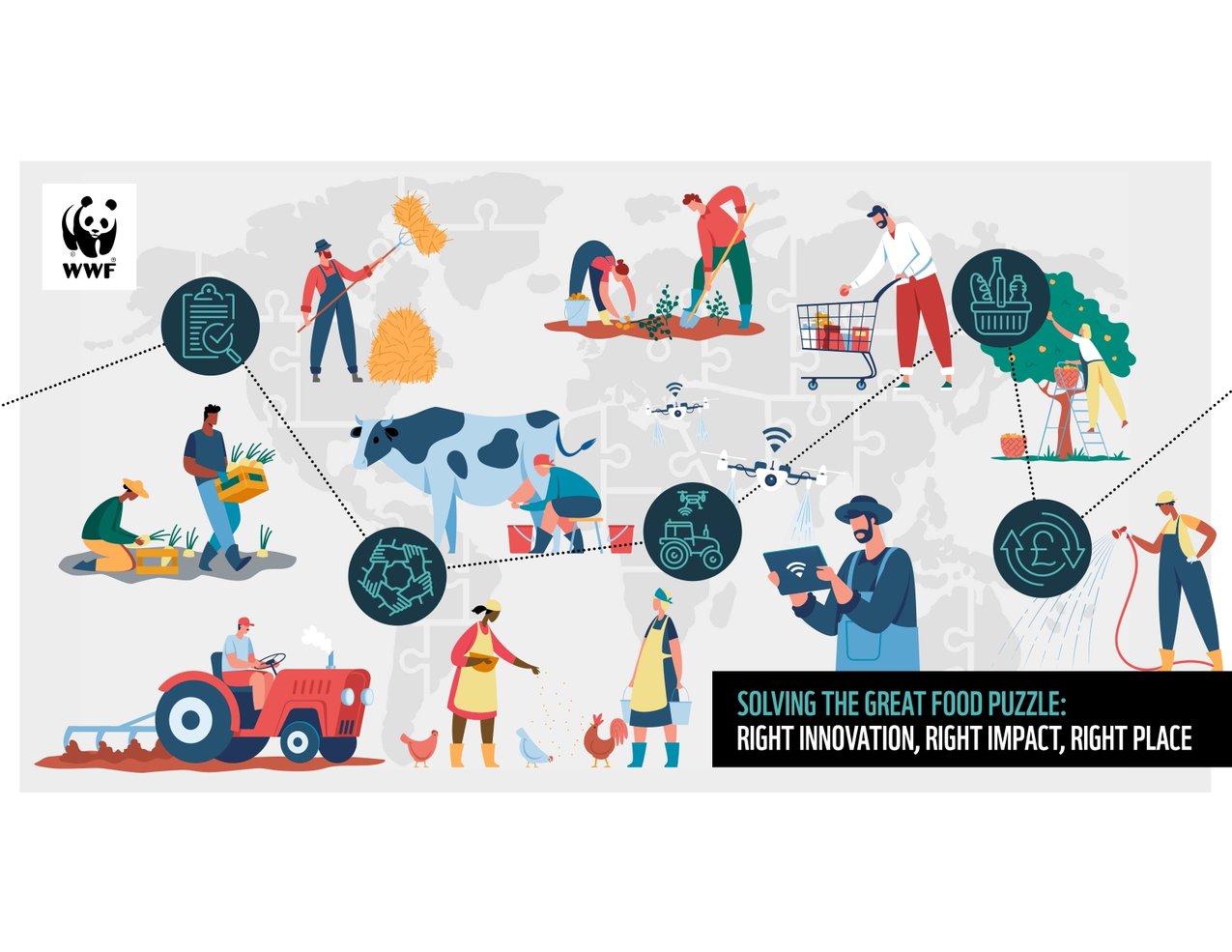Resource Library
Feature Resource:

2024 World Living Soils Forum Report
The World Living Soils Forum (WLSF), created in 2022 by Moët Hennessy, and co-organized with ChangeNOW for its second edition in October 2024, convened stakeholders from diverse sectors - including farmers, scientists, NGOs, policymakers, startups and industry leaders - to tackle the urgent challenge of soil regeneration. The WLSF program was fully co-created with an external advisory board of fourteen experts from diverse backgrounds. Held across three locations—France, the USA, and China—the event brought together 600 attendees and featured 70 sessions with over 180 speakers. The forum presented innovative and impactful solutions to accelerate the adoption of regenerative agriculture, emphasizing collaboration, innovation, and education as levers for transformation.

2023 CA4SH Annual Report
For the Coalition of Action 4 Soil Health (CA4SH), 2023 was marked by continual learning and exponential growth, and we are celebrating by launching the inaugural Annual Report. Highlights include a reflection on our roots and growing the Coalition (which now has over 170 multistakeholder members and counting!), zooming in on key engagements, advocating for soil health in the climate agenda, achievements, lessons learned, and a look at what’s to come.

SOIL the hidden part of the climate cycle
Excerpt:
“Soil is a natural resource which most of us either ignore or take for granted. Yet the thin layer of ‘dirt’ that covers much of the surface of the Earth is vital to the environment and invaluable to our societies.
However, soil quality is declining in many areas, meaning that it is less able to perform its essential functions. One area of concern is the effect of soil degradation on the climate, and vice versa.”
Read the full report from the European Commission (2011)

Solving the Great Food Puzzle: Right Innovation, Right Impact, Right Place
Innovations aren’t delivered by just a few people – everyone working within a food system can innovate. It is important that all stakeholders identify the actions that will deliver most impact in the shortest time – identifying new actions that can be applied, and scaling those that are already delivering success. Everyone must work to rapidly accelerate food systems transformation. Those investing money in food systems transformation (be they governments, banks, private investors, public donors or businesses) have a significant say in what innovations are implemented. Not only does the amount of funding for food systems innovation need to be increase, the direction of funds must become even more focused and context-specific.
There are already many innovations in our food systems and several are demonstrating their ability to deliver big impacts in short timeframes. Innovating doesn’t require developing completely new ways of doing things and decision-makers can learn from the approaches being applied in similar food systems round the world.

Shadow Report to the UNFSS+2 Stocktaking Moment
In preparation for the upcoming UNFSS+2 Stocktaking Moment, the UN Food Systems Coordination Hub invited stakeholders to participate in a survey in order to gather valuable insights regarding stakeholder experiences in implementing and supporting food systems transformations leading up to the UNFSS+2. The results of the survey were analyzed and a draft report was produced by an independent author. The draft report was peer-reviewed by the Hub’s Stakeholders Engagement and Networking Advisory Group (SENA Group) through a series of meetings. The SENA group provided revisions to the report and finalized the content. This report is submitted to the UNFSS+2 as the “Stakeholders Contribution Document” or “Shadow Report to the UNFSS+2”.

IUCN Restoration BarometerReport 2022
The 2022 Restoration Barometer Report demonstrates the progress that reporting countries have made on their restoration targets during the as of the 2021-2022 reporting period.

Global Land Outlook 2
The second edition of the Global Land Outlook (GLO2), Land Restoration for Recovery and Resilience, sets out the rationale, enabling factors, and diverse pathways by which countries and communities can reduce and reverse land degradation.

Soil Investment Guidance Report
Soil loss and degradation due to poor land management and agricultural practices pose a critical threat to society, our planet and business operations everywhere. This report aims to support corporate investment into impactful, high-value, and long-term solutions that protect and improve soil health.

